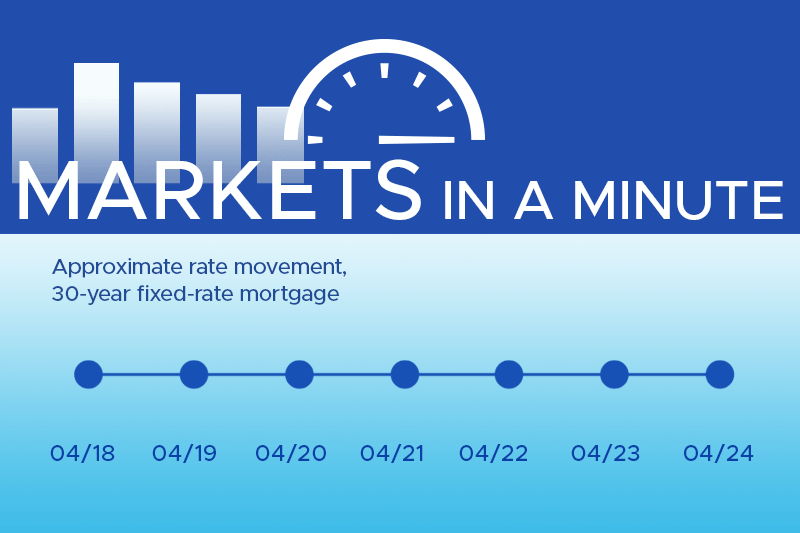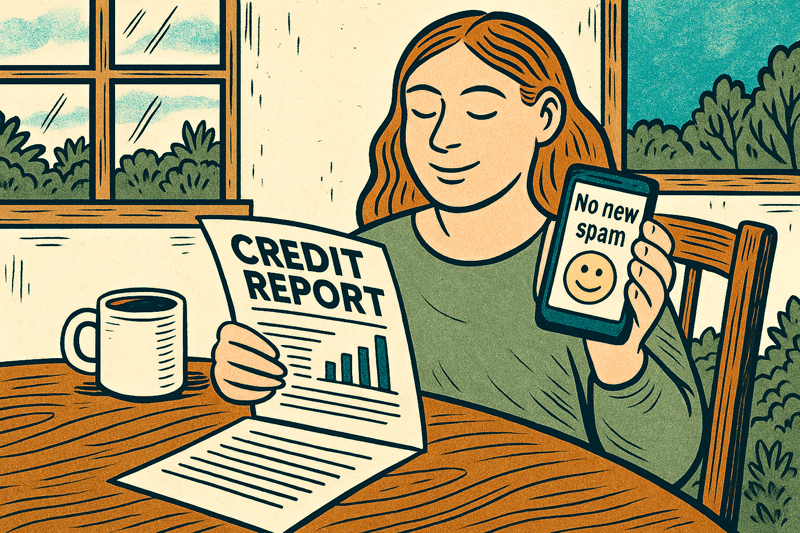At Thompson Kane, we stay ahead of shifting market trends so you don’t have to.…
Decoding Credit Scores for Homebuyers: 5 Tips to Improve Yours Before Applying for a Mortgage
Decoding Credit Scores: Why They Matter for Homebuyers
Your credit score is more than just a number—it’s a key factor that determines your mortgage options, including interest rates and loan approval. At Thompson Kane, our mortgage experts are here to guide you through understanding and improving your credit profile, helping you prepare for a successful home-buying journey. If you’re wondering where to start, here’s what you need to know about credit scores for homebuyers.
What Makes Up Your Credit Score?
Understanding the basics of your credit score is the first step toward improving it. Credit scores are typically calculated based on five main factors:
1. Payment History (35%)
Whether you’ve paid bills on time has the largest impact. Late payments can significantly lower your score..
2. Credit Utilization (30%)
This measures how much of your available credit you’re using. Lower utilization (below 30%) is better.
3. Length of Credit History (15%)
Older accounts can boost your score, as they demonstrate a longer track record of managing credit responsibly.
4. Credit Mix (10%)
A variety of credit types—like credit cards, auto loans, and mortgages—can positively affect your score.
5. New Credit Inquiries (10%)
Too many recent credit checks can indicate financial stress and may lower your score temporarily.
Tips to Improve Your Credit Score Before Applying for a Mortgage
1. Pay Bills on Time, Every Time
Late payments can stay on your credit report for up to seven years. Setting up automatic payments or reminders can help you avoid this costly mistake.
2. Use Less of Your Available Credit
Aim to keep your credit card balances below 30% of your credit limit. Paying off high balances can provide a quick boost to your score.
3. Avoid Opening New Accounts Before Applying
While it may be tempting to open a new credit card or financing plan, too many recent inquiries can lower your score and raise red flags for lenders.
4. Review Your Credit Report for Errors
Mistakes on your credit report, like incorrect late payments or accounts that aren’t yours, can unfairly drag your score down. Obtain a free report from AnnualCreditReport.com and dispute any errors you find.
5. Keep Old Accounts Open
Closing an older account can reduce your average credit history length, which may lower your score. Unless there’s an annual fee or another pressing reason, it’s usually better to keep older accounts active.
How Your Credit Score Impacts Your Mortgage Options
Higher credit scores translate to lower mortgage interest rates and better loan terms, potentially saving you thousands of dollars over the life of your loan. For example, improving your score from “fair” to “good” could reduce your monthly payment by hundreds of dollars. At Thompson Kane, we understand how credit scores for homebuyers impact loan approvals and rates. Our experienced loan officers are here to help you explore your options and maximize your borrowing potential.
Ready to Take the Next Step?
Improving your credit score is one of the smartest moves you can make before applying for a mortgage. Whether you’re just starting your home-buying journey or need advice tailored to your situation, the team at Thompson Kane is ready to help. Contact us today to learn how our expertise can make your mortgage process smoother—and help you secure the home of your dreams.





